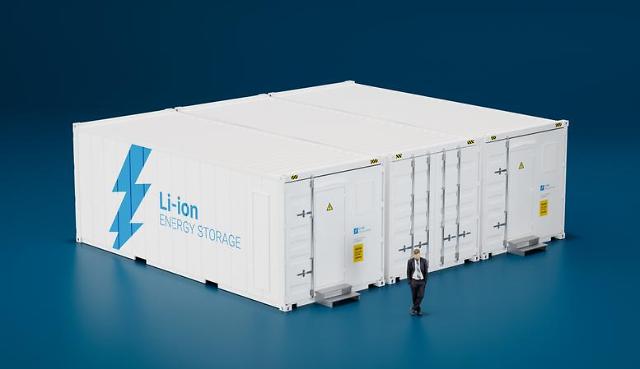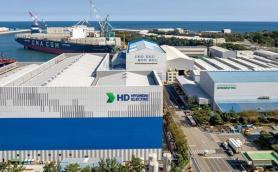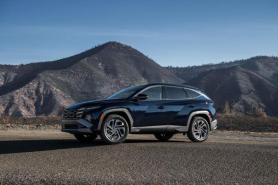
[Gettyimages Bank]
If the pilot project is successful, the group will push for a project to supply the world's largest energy storage system (ESS) recycling waste batteries. ESS, which has emerged as an effective means to establish stable and efficient systems for power demand and supply. Energy storage demand is growing thanks to the global transition from carbon-intensive energy sources to natural gas and renewable source solutions.
On Friday, Hyundai and Korea Hydro & Nuclear Power (KHNP) agreed to launch a joint pilot project to supply a 10MWh-class energy storage system using discarded batteries by the end of 2021. Hyundai and KHNP would install a 2MWh ESS into a solar power plant in Hyundai's manufacturing plant in the southern industrial port city of Ulsan by November this year, followed by the establishment of an 8㎿h ESS.
The two partners agreed to push for a 3GWh-class ESS in 2030 by utilizing KHNP's renewable energy sources such as wind farms and solar power plants.
Hyundai has enhanced its renewable energy sector. The group forged a strategic partnership with Wärtsilä of Finland In June last year to commercialize ESS for battery recycling and signed a memorandum of understanding with OCI, a domestic chemical product maker, on September 9 to recycle discarded EV batteries for solar energy ESS.
Copyright ⓒ Aju Press All rights reserved.




